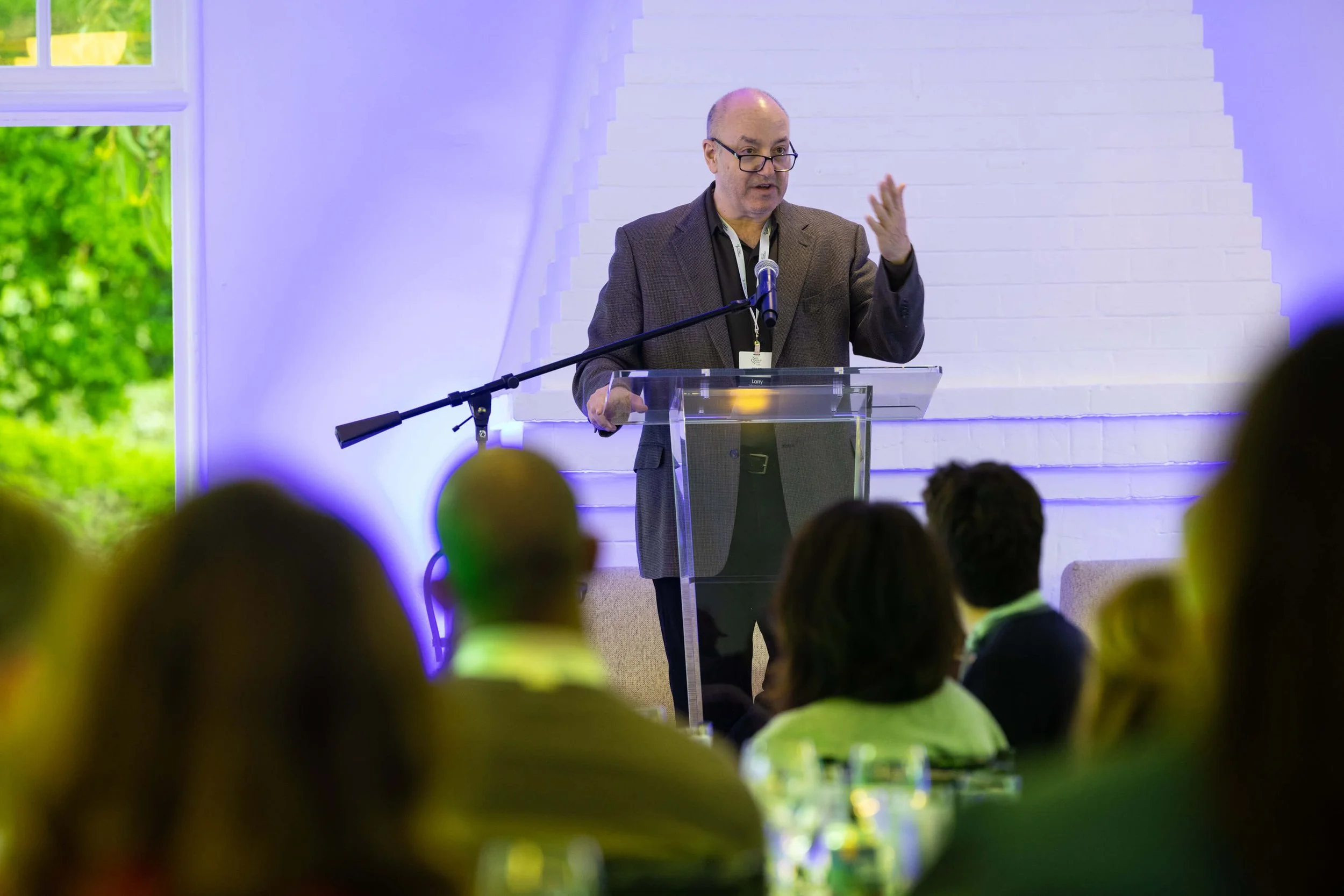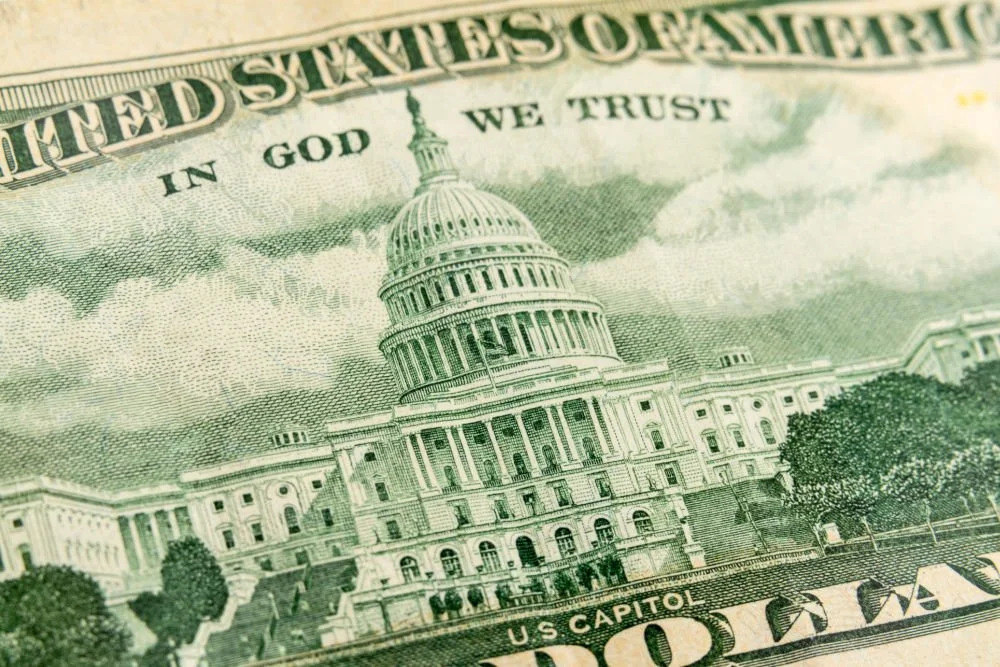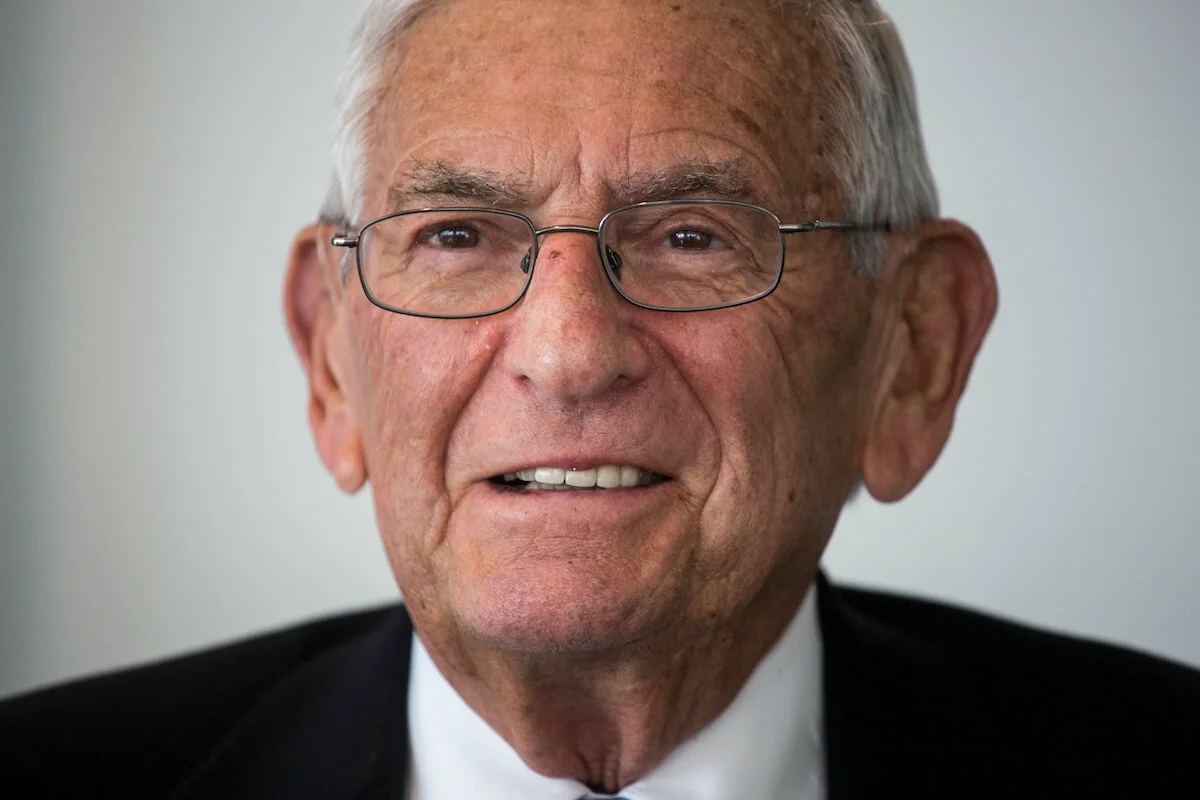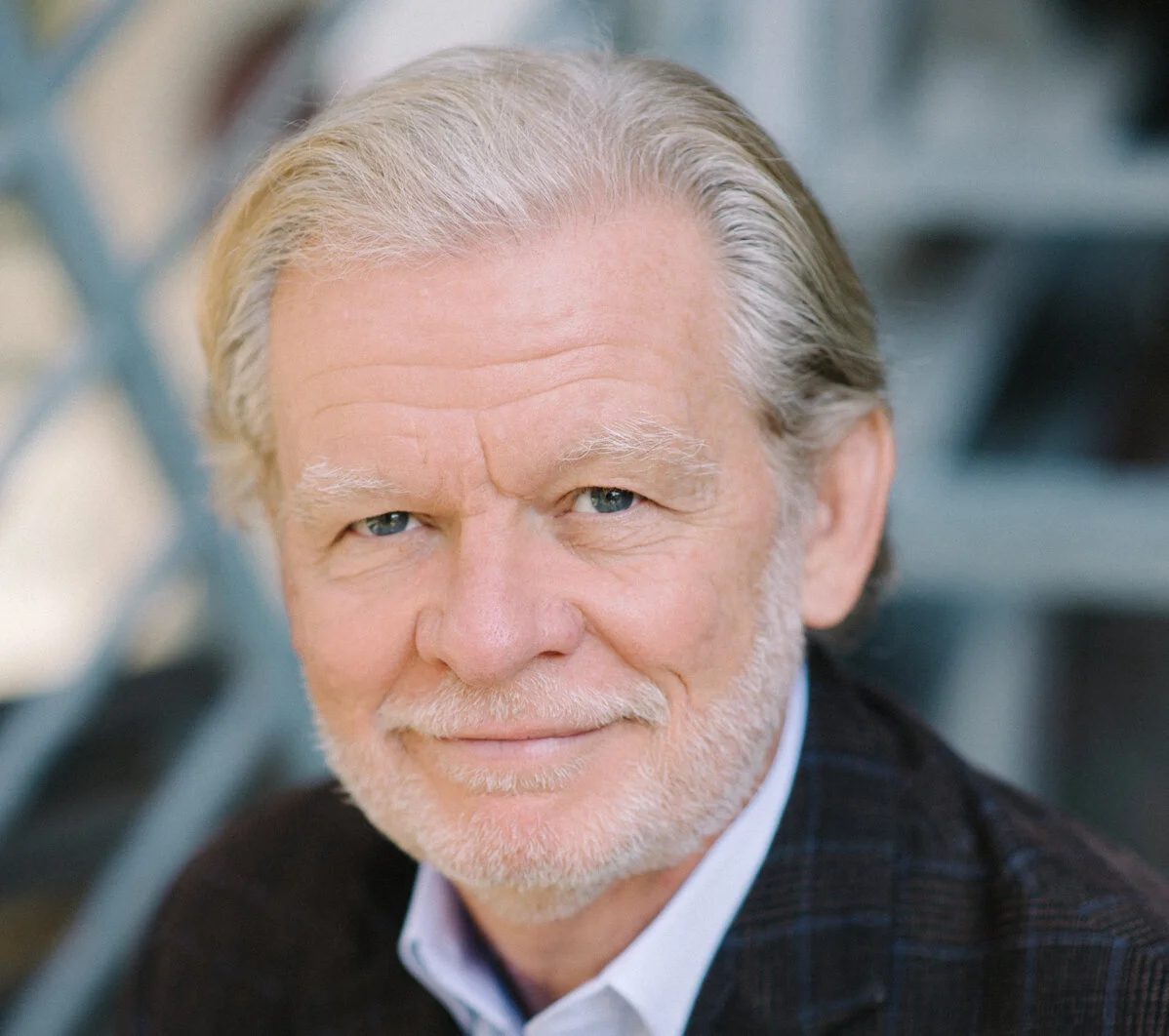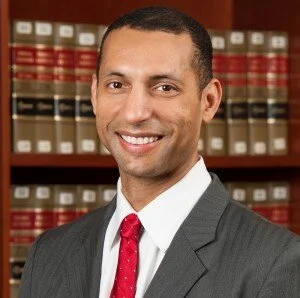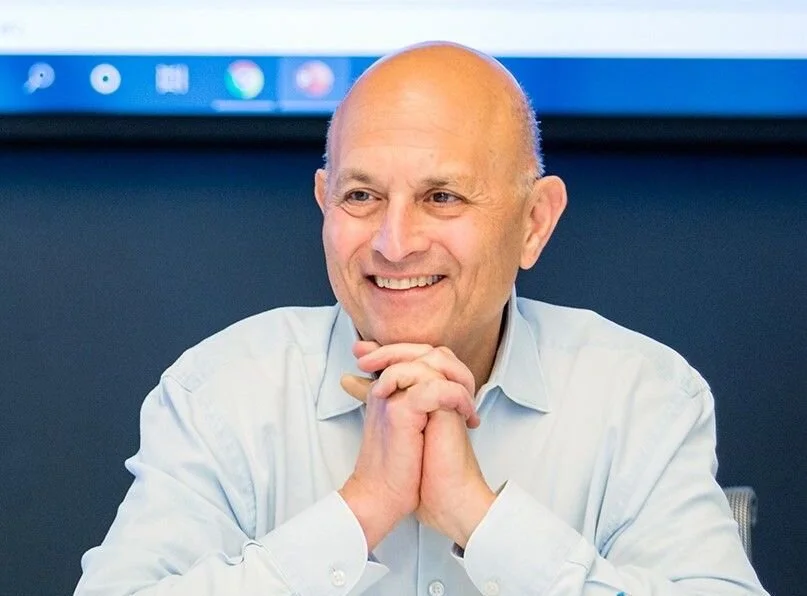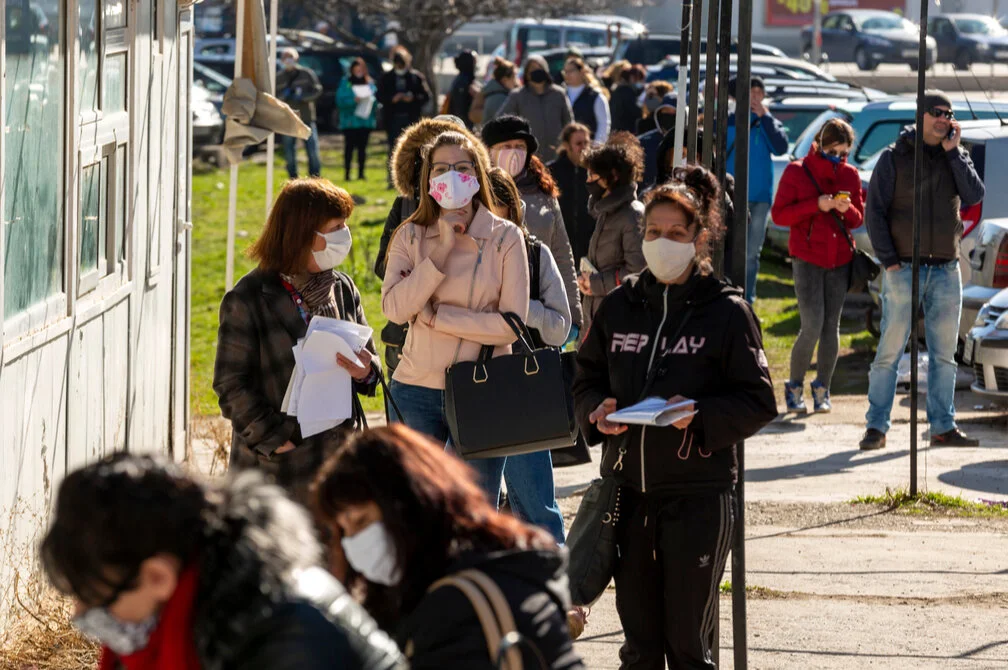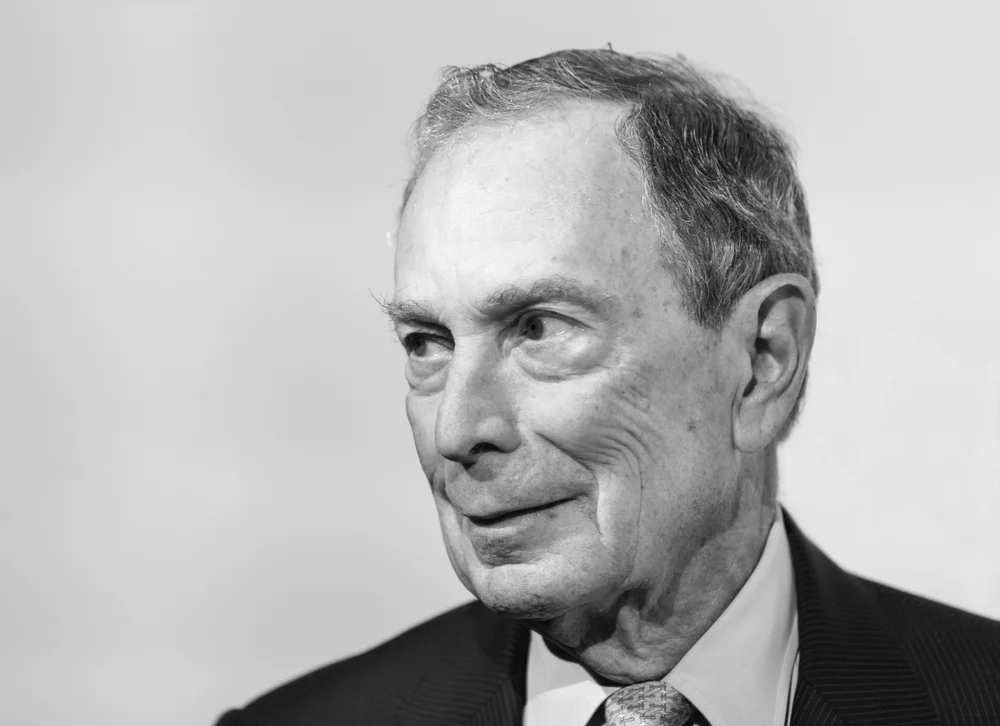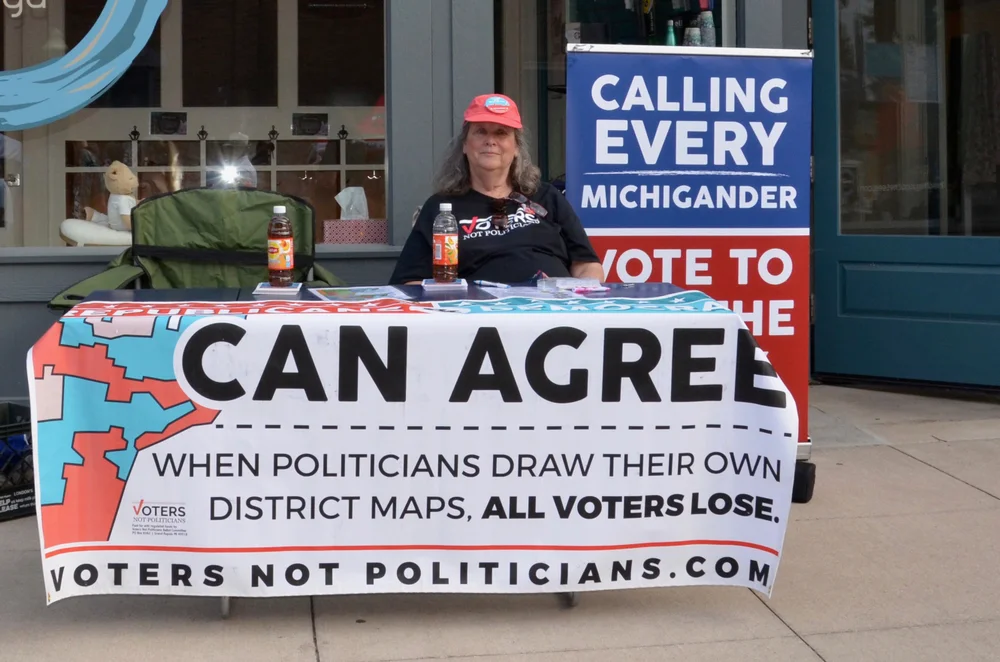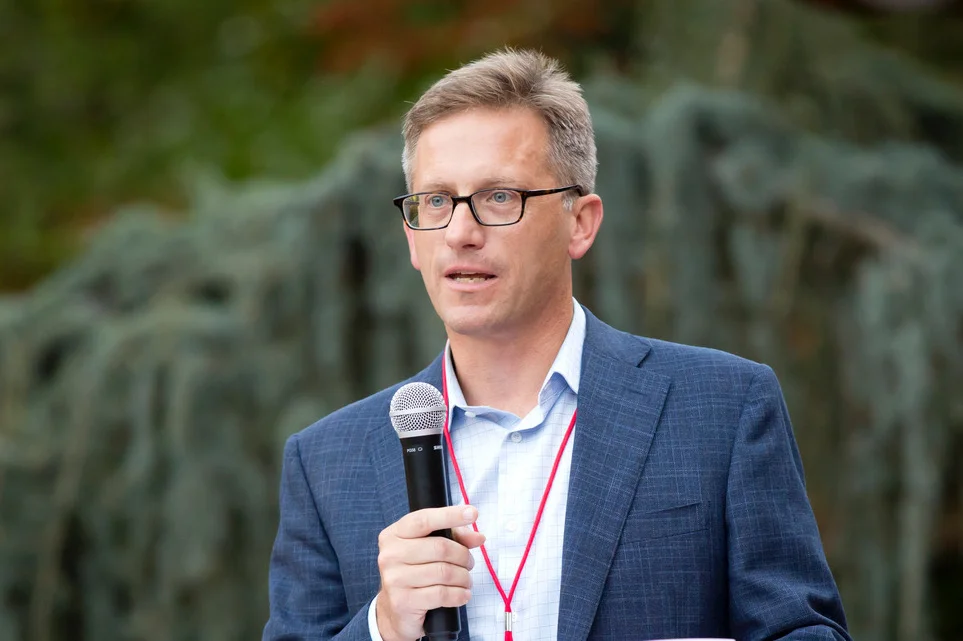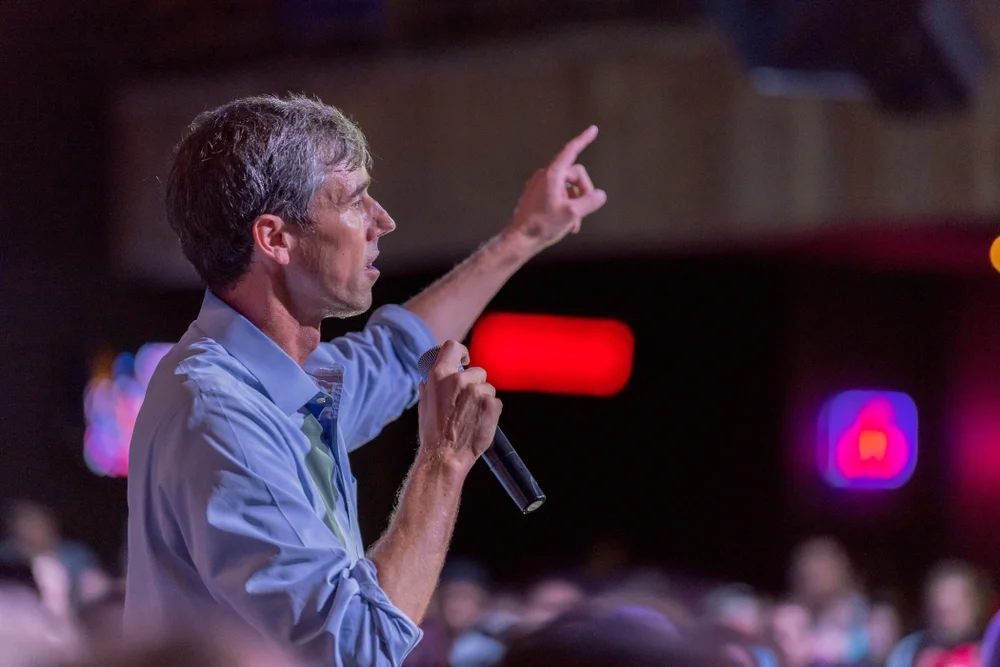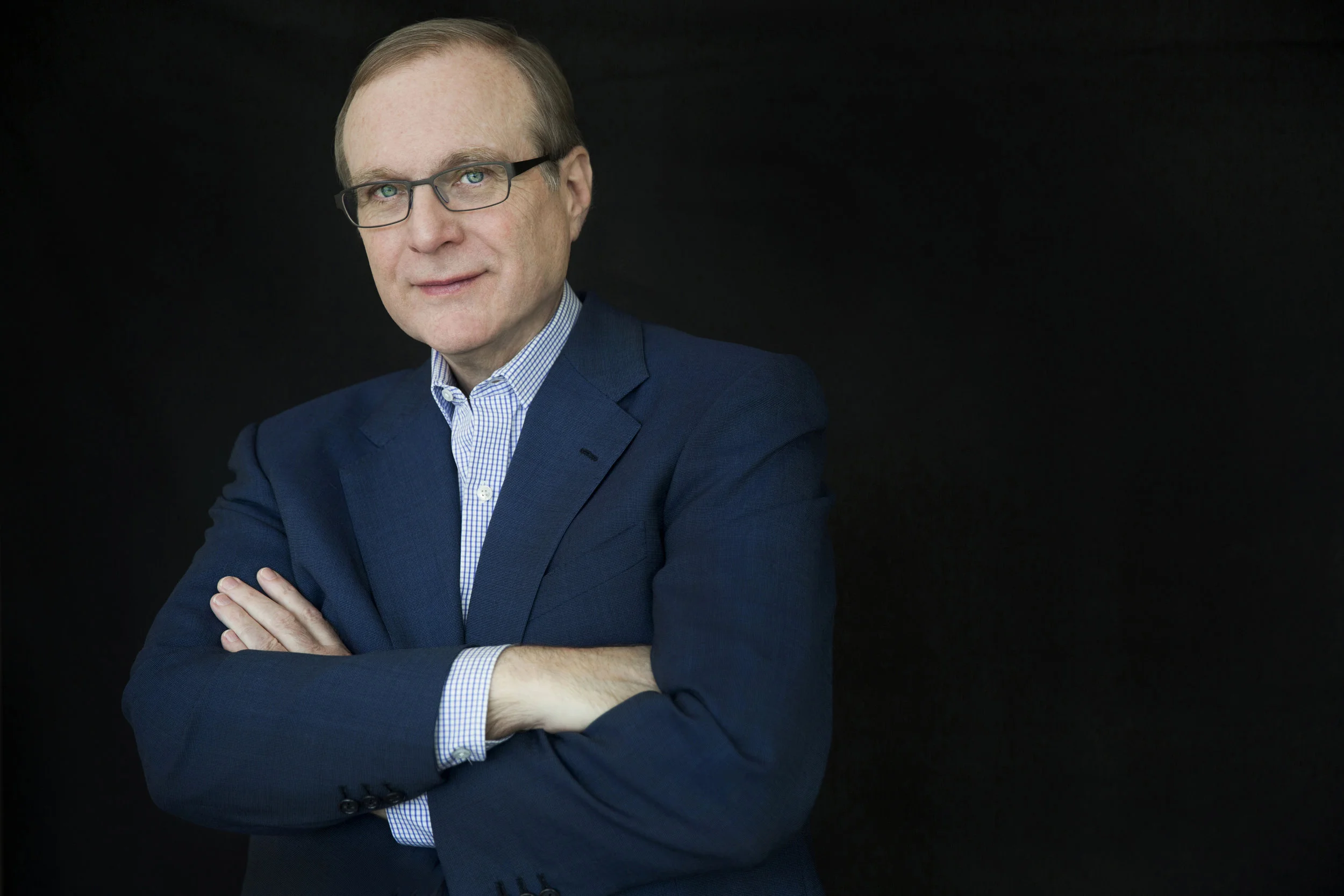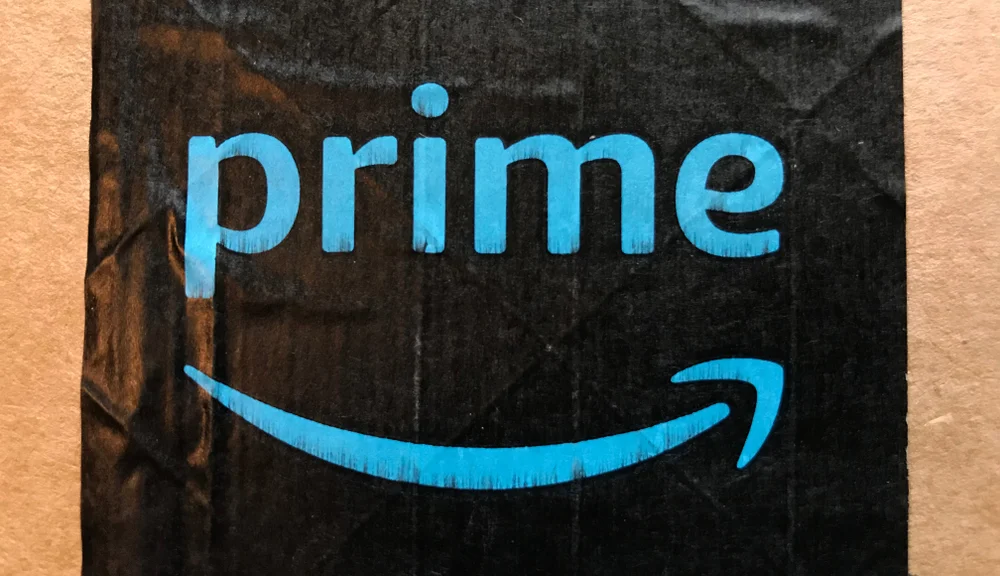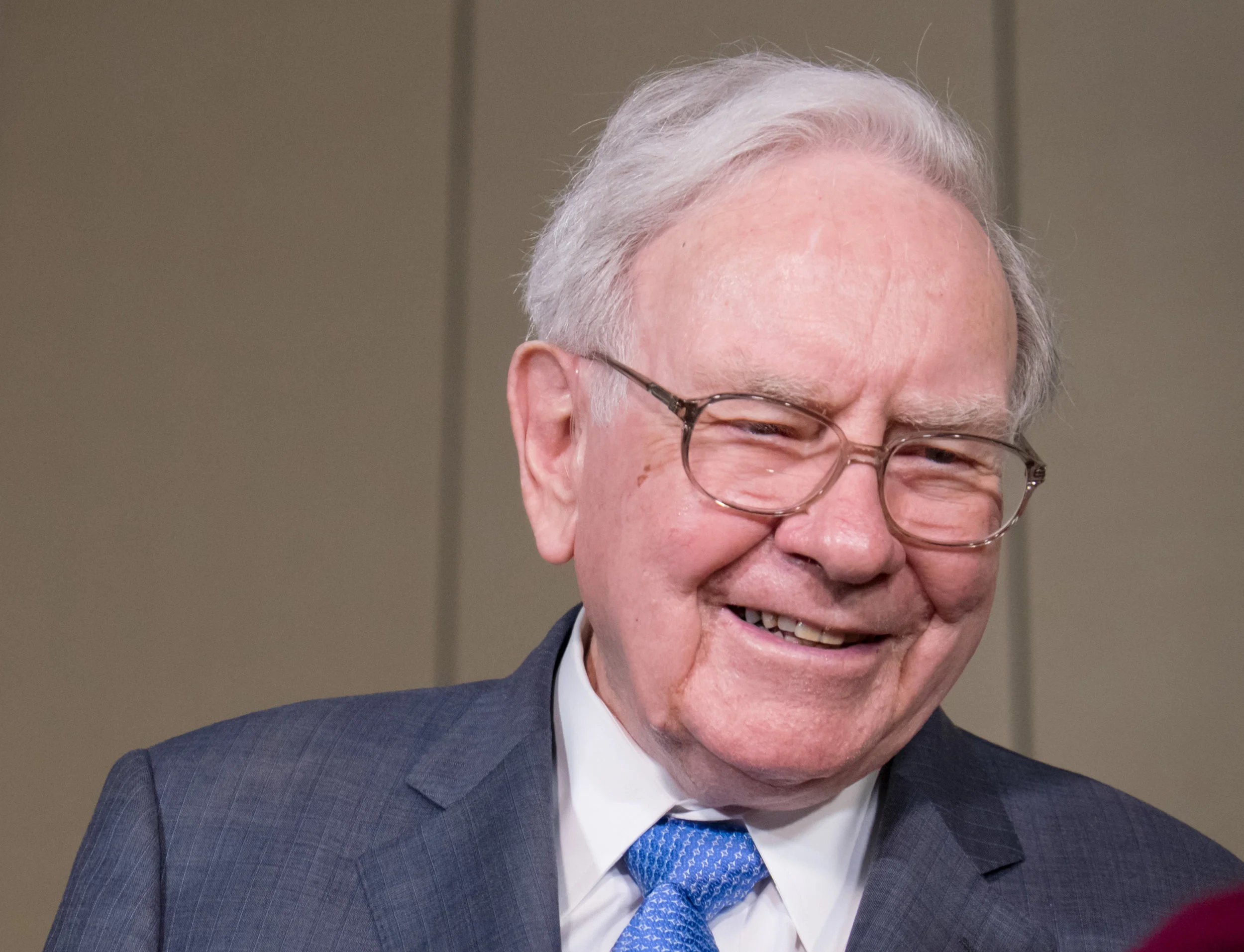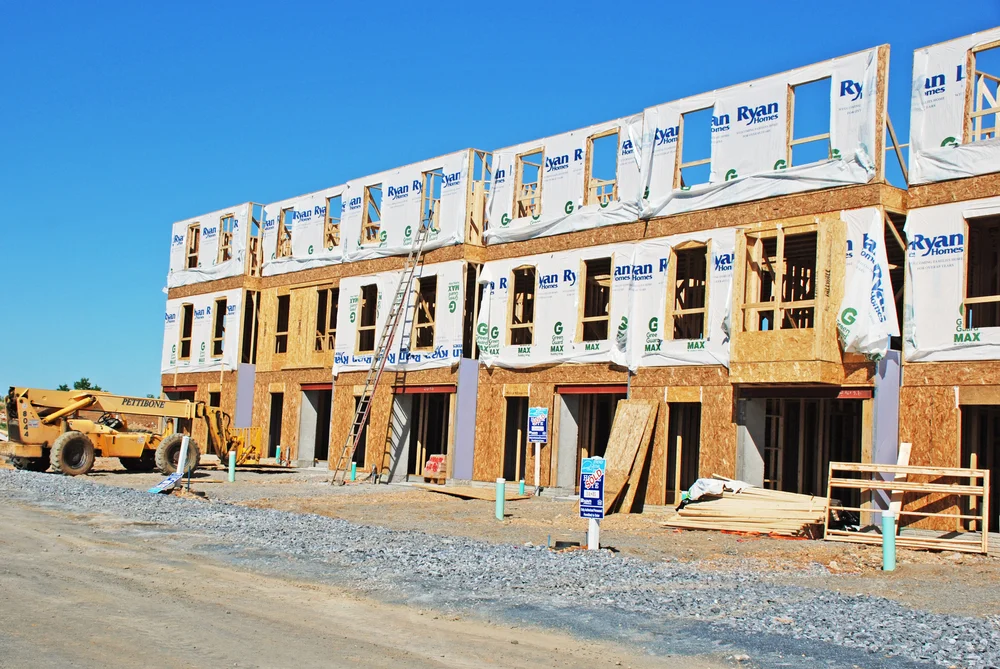Systemic Failure: Four Reasons Philanthropy Keeps Losing the Battle Against Inequality
/PHoto: Sorbis/shutterstock
Editor's Note: This article was originally published on January 10, 2018.
Over the past few years, many foundations have put equity front and center in their work. This trend really exploded when the Ford Foundation repositioned itself in 2015 around the goal of reducing inequality in “all its forms.” Since then, quite a few other foundations—along with some major new philanthropists like Steve and Connie Ballmer—have prioritized promoting equity. There's been an enormous amount of action in this grantmaking space lately.
But guess what? Here in early 2018, economic stratification only seems to be getting worse in America. A new tax law just went into effect that economists say will increase inequality and likely lead to cuts in government safety net programs down the line. And around the U.S., governors and state legislatures are engaged in their own efforts to shift wealth upwards and cut social programs. Meanwhile, even as unemployment drops to near-record lows, millions of working Americans still can’t make ends meet, while the top 1 percent—which owns half of all stocks and mutual funds—grow ever richer from a historic bull market. In many gentrifying cities, boom times have made it harder for low-income households to get by, not easier, by driving up housing prices. And the only thing rising faster than housing prices, it seems, are healthcare premiums and college tuition.
In short, those funders working for equity and against inequality are getting their butts kicked. Why is that?
This is an important question to unpack right now. It’s also a familiar one. Back in the 1990s, when rising inequality first became a major national issue, forceful critiques emerged of why decades of grantmaking by leading foundations to fight poverty and promote equity had yielded so few gains; indeed, things had largely gotten worse.
A main thrust of these critiques—including my own, but more notably by Sally Covington and Rob Stein—focused on the success of conservative foundations in shaping key public policy debates, especially around economics, regulation and entitlements, as well as the right’s investments in media, legal networks and movement building. Meanwhile, mainstream and liberal funders had neglected these critical arenas, tending to focus instead on community-based efforts to build wealth, create jobs and housing, and improve human services. The metaphor that came to my mind, writing in a 1995 article, was that foundations like Ford and Rockefeller were focused on “nurturing saplings while the forest is being clear-cut.”
Twenty years later, the topic of philanthropy and equity has again moved to the fore. In fact, it’s fair to say that today’s crusade for greater economic equity by foundations and major donors is philanthropy’s largest push ever on this front.
Yet, to a striking degree, trends in America seem to be heading in the exact opposite direction. So far, at least, the funding movement that Ford helped kick off in 2015 has been a flop. And as much as I've been excited about new equity funders on the scene like the Ballmer Group and Chan Zuckerberg Initiative, I’m skeptical that they’ll have much impact.
In discussing where funders have gone wrong, it’s important to look beyond Donald Trump’s black swan presidency and recent policy setbacks. Many of the negative trends we’re seeing around equity transcend Trump and manifest in multiple ways at the national, state and local levels.
A bigger caveat, here—an obvious one, really—is that there’s only so much that philanthropy and the nonprofit sector, accounting for just 5 percent of GDP, can do to shape America’s $19 trillion economy or the politics of a nation of 320 million people. That’s especially true when you consider the role of large structural forces, like technological change and globalization, in helping drive inequality. Of course, there are legal limits to how much charitable giving can influence political trends.
That said, there’s much that philanthropy can do to promote equity—and more funders have stepped forward to work on this challenge with big hopes.
But here, in a nutshell, is why grantmaker efforts tend to yield so little success: Because equity-minded foundations keep failing to zero in on the all-important sphere of political economy. Inequality mainly stems from how the U.S. economy works and, critically, the range of public policies and power arrangements that govern economic life. Yet, instead of focusing laser-like on this fundamental reality, funders embrace overly diffuse, often localized strategies that yield few larger systemic gains. They win battles here and there, while losing the war.
I’m not saying these efforts are a waste of money. It’s important to win battles. And every week at IP, we write about valuable and creative grantmaking to create better jobs, build affordable housing, expand access to healthcare and higher education, and much more.
Yet these good efforts keep falling short. Many local gains won by philanthropy get washed away by larger shifts in the economy and public policy—a point I’ve discussed in regard to the Mott Foundation’s $1 billion investment in Flint, Michigan. Alas, there are many other examples.
Let me get more specific and highlight four key failures of grantmakers as they battle equity.
Few Foundations Focus on Workers' Rights and Labor Policy
Many Americans who work don’t make enough money or receive good enough benefits in the jobs that are available to them. A whole bunch of other problems flow from this that relate to family stability, housing, healthcare, childcare and food security.
The favored foundation responses to inadequate pay have been investments in education and workforce development to equip workers for better jobs. While that’s important stuff, it elides a stubborn reality: Many—if not most—of the jobs that the U.S. economy creates today are in sectors like retail and restaurants, where wages are low and benefits are scarce. In fact, half of the jobs in the U.S. pay under $18 an hour. Upskilling workers can allow some people to exit bad jobs, but millions of other workers will remain stuck in a labor market that inflicts mass hardship and makes a mockery of the core American value that if you work hard, you’ll get ahead.
Why are so many jobs so crappy? A common reason given is that globalization and automation have wiped out many of the well-compensated manufacturing jobs that once paid a middle-class wage. The thing to remember, though, is that those industrial jobs were not inherently “good” jobs. Mainly, they paid decently because of union organizing, public policy interventions, and corporate norms that favored sharing the fruits of prosperity.
Over the past four decades, though, unions have faded, labor market interventions have wilted, and corporate norms have changed. As a result, today's employers, whether it's big ones like Walmart or small ones like the local Subway franchise, can get away with compensating workers poorly. Corporations and business owners have grabbed an ever-greater share of the prosperity that’s generated by the economy. Back in the mid-1970s, the top 1 percent of households collected around 9 percent of all income generated in the U.S. Now it’s around 22 percent. The median wage for most American workers has risen just barely since the late 1970s—but has more than doubled for those in the top 1 percent.
What are equity-minded foundations doing to reshape labor policy to ensure a fairer shake for workers in an economy that actually does produce both lots of jobs and enormous wealth? Not much. Only a few top foundations like Ford, Kellogg and Open Society, along with smaller progressive foundations, engage in grantmaking aimed at influencing national and state labor policies and empowering low-wage workers. The most critical nonprofits in this space—like Restaurant Opportunities Center United, the National Domestic Workers Alliance, and the National Employment Law Project—have seen significant growth in funding in recent years, but still are pretty small. Much of their new funding has come from a single foundation: Ford. Most other equity funders, including the new mega-givers who are interested in equity, have generally steered clear of labor policy in favor of efforts focused on education and social interventions, along with community development.
According to a recent article in the New York Times, “more than 200 organizations have sprouted nationwide to help low-wage workers. But nearly all these groups say they are hampered by a lack of dependable funding because, unlike unions, they cannot rely on a steady flow of dues.” They can’t rely on private grantmakers, either—most of whom want nothing to do with what’s been called the “new labor movement.”
Why is there so little philanthropic focus on workers rights and labor policy? That’s a longer conversation for another time, but obviously, this is a highly politicized arena. Foundation work here can generate serious backlash from power business interests and politicians. Meanwhile, many of the new givers coming out of business may be disinclined to back groups that challenge how American capitalism operates.
Fiscal Policy Gets Too Little Attention
Fiscal policy is another all-important arena where equity-minded funders have woefully under-invested. Fiscal policy is the primary tool by which government can shape income distribution. Decisions here affect whose after-tax incomes rise or fall, and how much money goes to fund government programs aimed at leveling the playing field or providing a safety net.
Over the past four decades, starting with the Reagan tax cuts, federal and state fiscal and budgetary choices have often tilted in favor of the wealthy and hurt low-income communities. Many economists identify this broad policy shift as a key driver of inequality, one that’s greatly exacerbated such market-based drivers as automation. As with low wage and disappearing benefits, setbacks on this front generate spillover effects into multiple issue areas that foundations care about, including housing, higher education, healthcare and human services.
Still, most equity-minded funders don’t engage in grantmaking to influence federal, state or local fiscal and budgetary policy. Instead, most operate downstream—and often find themselves coping with the negative consequences of decisions made upstream in the public policy arena.
To be sure, some funding does flow to fiscal and budgetary work. For over 20 years, a core group of foundations—including Ford, Mott and Annie E. Casey—have supported and expanded the State Priorities Partnership, previously known as the State Fiscal Analysis Initiative. These and other foundations have also helped back and expand the Center for Budget and Policy Priorities (CBPP) in Washington, D.C., and new funding has backed fiscal policy work over the past decade at the Center for American Progress and a few other places.
Still, we’re talking about modest numbers compared to other top nonprofits. Most of the progressive state groups working on fiscal policy are quite small, and in many places, are outgunned by better-resourced business interests and conservative policy groups, including ALEC. Also, while CBPP may be the flagship organization defending low- and modest-income Americans in Beltway fiscal and budgetary fights, its revenue in 2016 was just under $30 million—well below that of flagship organizations in other issue areas, like the ACLU and NRDC. On the right, the Heritage Foundation—which opposes CBPP on most fiscal issues—had revenue in 2016 of $85 million. CBPP’s budget looks even smaller if you compare it to big direct service groups like Feeding America or Habitat for Humanity.
There are reasons that most equity-minded funders don’t back fiscal and budgetary work. These issues can feel removed and overly analytical. The impact of grantmaking here can be hard to ascertain compared, say, to bankrolling a health clinic in a poor neighborhood or funding college scholarships. Also, as with labor policy, this is highly charged partisan terrain that many foundations and major donors would rather avoid.
But when equity-minded funders lose critical battles over fiscal and budgetary policy, all their other goals become harder to achieve. That health clinic gets whacked by budget cuts. Or tuition soars at state universities. The new federal tax law is a case in point. Beyond its near-term negative effects, such as undermining the Affordable Care Act, the debt incurred by the law will increase pressures to cut domestic spending in coming years, with spillover effects into nearly every issue area you can think of.
Equity Funders Ignore Wall Street
Since the 1970s, a wide range of foundations have invested in community economic development and asset building strategies aimed at increasing wealth and opportunities in low-income neighborhoods. Yet in the run-up and aftermath of the 2008 financial crisis, African-American and Latino households saw almost all their wealth gains of recent decades wiped out thanks to an epidemic of predatory lending and other shady mortgage practices.
How did this happen? In large part, the explanation is that key regulations of banks and lenders, along with Wall Street firms, were rolled back during the 1980s and 1990s, while existing rules weren’t fully enforced by weakened watchdogs. The inevitable abuses and crisis that followed inflicted great pain on the U.S., but especially on low-income communities of color.
Where were grantmakers while all this was happening? Missing in action. Very little philanthropic funding has ever gone to strengthen regulatory oversight of the finance industry. In fact, it was not until Herb and Marion Sandler bankrolled the creation of the Center for Responsible Lending, in 2002, that there was even a major policy shop in this space. And even now, nearly a decade after the crash, with rules again being loosened on Wall Street, few funders pay attention to this critical arena. Funding flows for isolated pockets of work on finance oversight here and there, including at think tanks like the Roosevelt Institute or for local efforts to oppose predatory lending, but it’s meager.
Just to be clear, though, not all funders have ignored Wall Street. Conservative think tanks like AEI receive lavish funding, including by billionaire financiers, to push against government regulation of finance. These organizations, for example, are key players in current efforts to roll back the Dodd-Frank Act, which was passed after the 2008 financial crisis, and to defang the Consumer Financial Protection Bureau. Is it hard to imagine the rise of new lending abuses or even another crisis that again wallops Americans of modest means? Hardly.
Along with labor and fiscal policy, financial regulation is another top-tier issue when it comes to shaping the economy and opportunity. When equity-minded funders lose key battles for this high ground, they’re left to watch impotently as a range of spillover effects harm the constituencies they care most about.
Foundations Support Little Work on Globalization and Automation
The day before Trump won the 2016, election, I wrote a piece on how foundations had done little work to address the economic devastation wrought by globalization and automation—pain that’s been especially intense in the largely white Rust Belt states that went for Trump.
I, myself, have experienced the challenge of raising money for work on trade issues. When I was at Demos, the national think tank I co-founded in 2000, I tried to scale up an initiative on trade and globalization. A key question I wanted to look at is better buffering U.S. workers from the negative effects of open borders—without resorting to protectionism. But I literally could not identify a single major foundation that offered grants in this area; the project was abandoned.
Other policy and advocacy initiatives around trade and globalization have barely survived over the years. Most of the work that does happen on this front in Washington, D.C., is backed by centrist or conservative funders who’ve fully embraced free trade, with little attention to its devastating effects on key slices of the U.S. labor force. Not surprisingly, a presidential candidate eventually came along who weaponized the trade issue; now, he’s sitting in the White House.
Meanwhile, as many experts point out, free trade isn’t even the main reason that many jobs have disappeared. It’s automation, increasingly driven by artificial intelligence. Some experts paint a dire picture of a huge swaths of jobs evaporating from the U.S. economy. In just the past year or two, hundreds of thousands of retail jobs—a vital lifeline for low-income workers—have been wiped out by the rise of online retail. And while such doomsayers envisioning a "jobless future" have been proven wrong before, this is an obvious issue for equity-minded funders to move to the front burner. Such wholesale disruption could render moot years of grantmaking on workforce and economic development in many places.
So which funders are launching big projects on automation and the future of work? It’s hard to come up with many examples. Beyond nascent efforts to test a universal basic income and explore the effects of AI, not a lot is going on in this area.
***
There’s much more to be said about why philanthropy hasn’t seen greater success in fighting inequality. My main purpose, here, is to spotlight the failure of funders to approach equity within a political economy framework, ensuring an ongoing failure to have the impact they’ve hoped for—or, arguably, much impact at all, either over past decades or in recent years.
Other critics who’ve weighed in on the equity issue, including NCRP's four decades of work, have often focused on a lack of investment in movement building and other efforts to empower low-income Americans. I’ve made some of these same points myself.
This power critique, in turn, loops back to larger questions of political economy. An essential challenge facing America is to ensure greater democratic control of the economy, so that it works for everyone. With new equity funders stepping forward, and existing ones ramping up, now’s a good moment to grapple more candidly with what it takes to achieve that goal.


